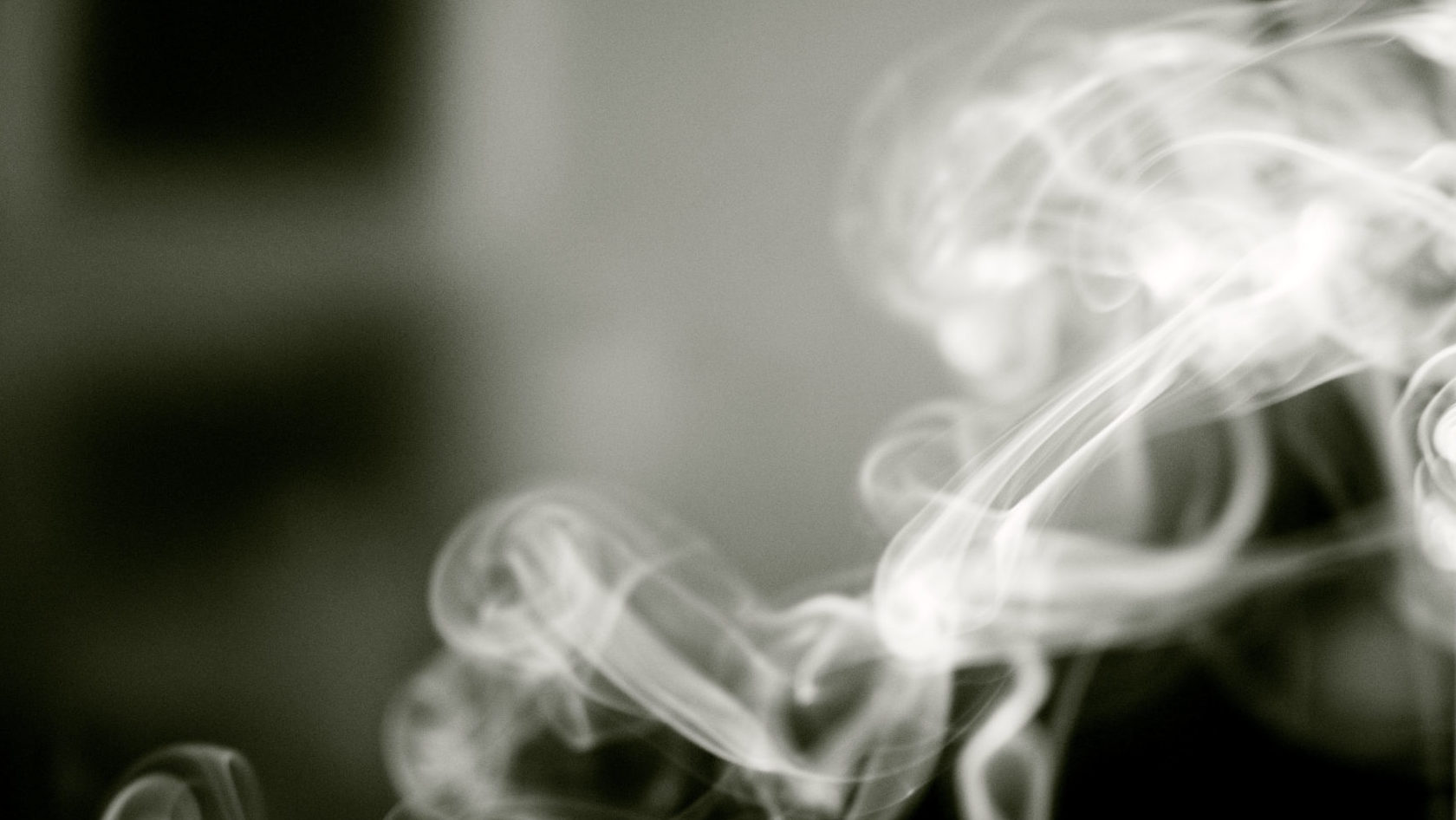Bethesda, Maryland
July 13, 2019
We all had to dress up for the memorial celebration for my great-great-uncle Ross. It was the eighth anniversary of his death, and his children wanted to do something nice to commemorate him.
But first, breakfast, served in my cousin’s very large and very Maryland kitchen: Keurig coffee pods including “French Vanilla” and “Italian Roast”); pieces of fried fish with miniscule grey tails; tiny raspberry Danishes wrapped up in clear cellophane; crispy slices of bacon; home fries in little cubes sprinkled with salt and pepper; grits smothered in cheese; chopped melons and grapes and strawberries. In New York, I usually opt for just a blueberry Chobani or a soggy bowl of Cheerios.
At the dining table, we commiserated in the awkward, estranged way that extended family members often do, reminiscing on the last time we’d seen each other and chatting about family history. My mother picked at a plate of fruit with a plastic fork and chimed in with small comments, while my Aunt Betty and my (much older) cousin Ronnie roared with laughter as they passed one another grainy, sepia-colored photographs of younger versions of themselves.
Eventually, I went downstairs to change into a fancier outfit: a scratchy green jumpsuit with spaghetti straps, five tiny brown buttons going down the torso and palazzo pant legs.
“You were supposed to wear red, black, and white,” my mother said. “I do like the jumpsuit though.”
“I forgot.”
“Daddy wouldn’t stop reminding me about the red, white, and black color palette,” she said, rolling her eyes slightly. “But don’t worry about it.”
“Well, you look SHARP,” said Aunt Evelyn, who was wearing a bright red jumpsuit and gold jewelry. “You’ll stand out in that outfit. No one will be wearing that.”
Two new cousins drove us to the memorial service. We found the venue—a community center of sorts, belonging to a Catholic school— relatively empty. That changed quickly. Eventually, it seemed like there were thousands of Norwoods, though in reality there were probably only about 150 relatives there. They came from all over Maryland and North Carolina, bringing their spouses and children. I suppose this is what happens when your great-grandmother has around twelve siblings.
The service began.
“Jesus, be a fence all around me everyday,” a group of my great-uncle’s children sang in a low register and clapped to punctuate every word. They stood in the front, swaying in unison, hair swinging behind them.
“I know you can!” a man cried out.
“Yes, Lord!” they replied.
“I know you will!”
“Yes, Lord!”
“JESUS, BE A FENCE ARO-UND ME EVER-Y-DAY!”
I closed my eyes, and rocked slightly, relishing the music and the sharp aftertaste of white wine on my tongue. I didn’t know how to feel; there was an odd sensation of familial closeness, of belonging; I hadn’t been to church in months, years even. I felt a twinge of sadness that could only be attributed to both my northernism and my agnosticism. I belonged, but I didn’t. I was in, but I was also out.
My great-great-aunt, Margaritte, came to the stage. Someone said she was over 100 years old. “I can only give you God’s lesson,” she said, pausing. “Hallelujah,” she said the last word, drawing it out, focusing on the H. “Praise the Lord! Praise him!”
Everyone screamed in agreement.
Later, my grandfather made me go over to see Aunt Margaritte. The mahogany skin beneath her eyes wrinkled, and milky little cataracts floated over her pupils. Her hair was closely cropped, the color of salt and pepper, and she wore an oversized cream suit, with a red rose pinned onto her lapel. She sat, slouched in her walker, and pulled me in close, speaking in tongues, talking about the devil. She took her bony forefinger and made the sign of the cross on my forehead, saying something about being good, but I’m still not exactly sure what she meant. Her words blended together, and I could not hear her above the music.
I asked my grandfather what she meant by all of that, and he just said, “She’s old now.”
But it felt like more than just age. I wondered if my Aunt could see things that we couldn’t because she was so close to death.
My mind wandered back to an earlier point in the day, when Aunt Betty said that Uncle Ross had the fire in his hands, that he could heal people. She told stories about him touching scars and making them vanish. I wondered if it was true, and a large part of my agnostic brain wanted definitive evidence, but another part of me wanted to believe in magic and fire.






